IMPACT
Driving financial inclusion through
lending and investment

OUR IMPACT IN NUMBERS
707,344
borrowers directly impacted
1,080,911
loans disbursed
24 M
individual clients served by our portfolio companies
1.14 M
MSMEs served by our portfolio companies
85 %
of loans disbursed through digital channels
USD 1,047
average loan size
OUR IMPACT GOALS
Unlock MSMEs’ growth potential and economic opportunities

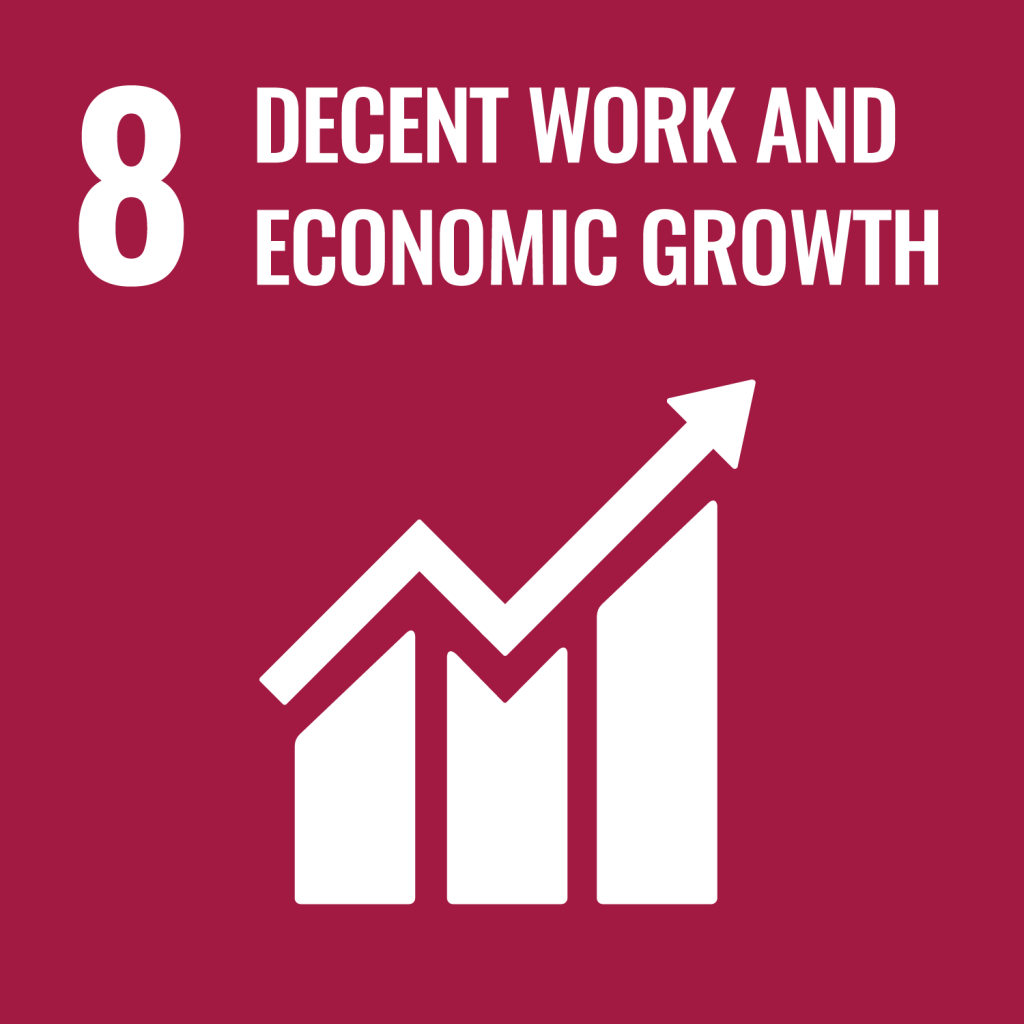
Contribute to income generation and
decent job creation

Foster market integration of MSMEs through digitalization

Improve the livelihoods of historically underserved individuals and households

Enable underserved individuals to access appropriate financial services, new technology, basic services, products and goods
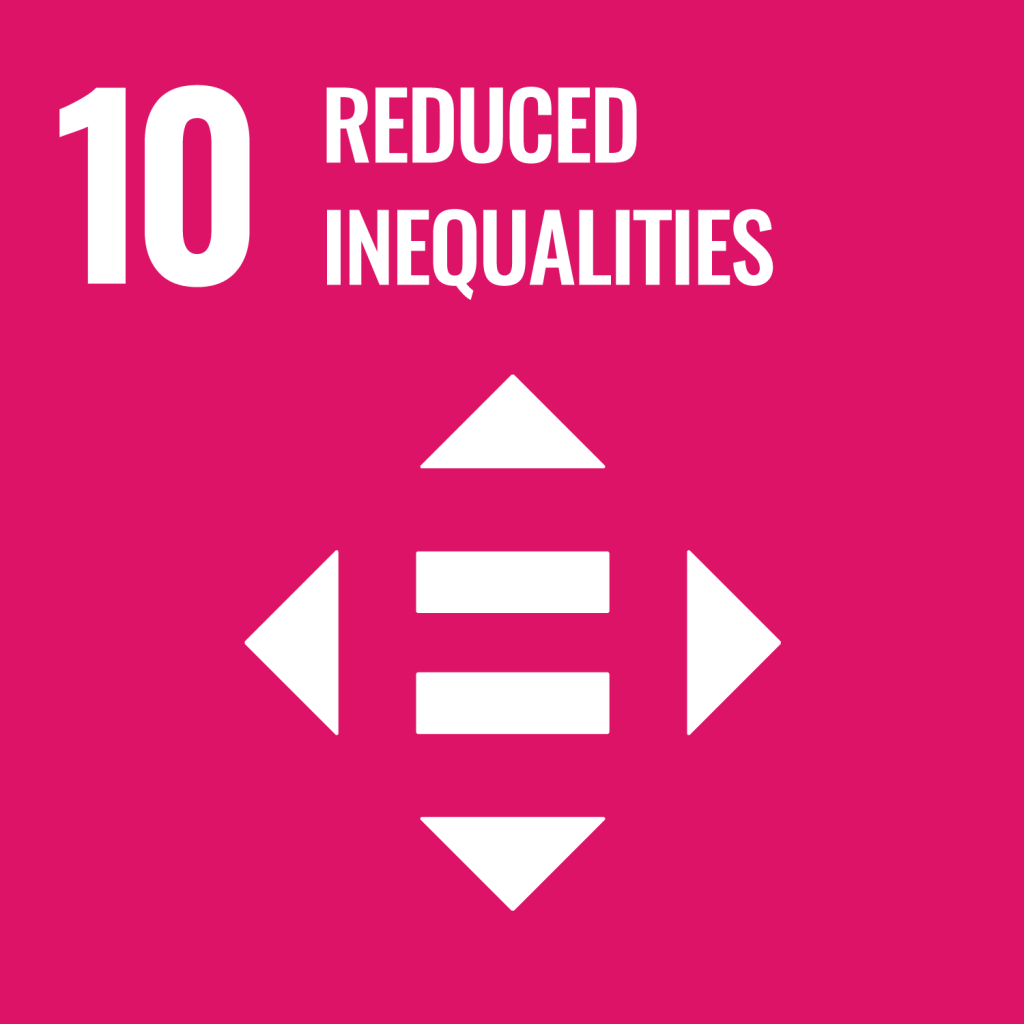
Build the economic and social resilience of underserved and excluded individuals




Empowering people and businesses isn't just our mission, it's our passion. Together, we are unlocking boundless potential for a brighter tomorrow.

Kosuke Mori
Chief Executive Officer
Saison International

Impact is a collective journey. Our commitment to it is simple yet profound: to empower inclusive growth, inspire change, and elevate possibilities.

Marie Anna Bénard
Senior Vice President, Head of Impact

ESG
Incorporate Environmental, Social and Governance risks in investment decisions.
IMPACT
Generate positive, measurable social & environmental impact alongside financial returns.
We actively assess and manage the actual or potential ESG risks of our portfolio. Our approach is guided by our internal Environmental and Social Management System (ESMS) that adheres to international standards and seamlessly integrates with our investment process.

Screening
In our origination and sourcing strategy, we systematically screen pipeline companies against a comprehensive list of eligibility criteria to identify potential negative environmental & social impacts at an early stage. Compliance with our Exclusion List and environmental & social regulations is checked, as well as issues related to reputation, money laundering, corruption, and bribery.

Categorization
After screening, each proposed company is categorized as Low, Medium or High risk based on their risk level. This preliminary risk category indicates the expected magnitude and severity of potential negative environmental & social impacts that is based on the approach adopted by the International Finance Corporation (IFC).

Assessment
We conduct a comprehensive ESG assessment during the due diligence phase, utilizing our internally
developed tool based on international standards and sector principles bolstered by on-site visits. A
company’s risk category, determined at the previous stage, will influence the depth of assessment.
Following the assessment, ESG and Impact scores are generated, as well as recommendations
to mitigate key ESG risks where required.
The ESG assessment results are integrated into the final Credit Appraisal Memorandum and
presented to the Credit Committee.

Management
Saison International expects its portfolio companies to have an Environmental & Social Management System (ESMS) commensurate with their risk exposure, and to implement mitigation measures for identified ESG risks. Where relevant, mitigation measures are formalized in an Environmental and Social Action Plan (ESAP) and integrated into transaction documentation, making it mandatory for companies to address gaps.

Monitoring
We maintain continuous ESG performance monitoring through reports and on-site visits. For companies with ESAP agreements, we track progress to ensure compliance with our policies and standards within a reasonable timeframe. This monitoring is complemented by annual impact questionnaires with key performance indicators that allows us to track portfolio companies’ ESG and impact performance throughout the investment cycle.
In our origination and sourcing strategy, we systematically screen pipeline companies against a comprehensive list of eligibility criteria to identify potential negative environmental & social impacts at an early stage. Compliance with our Exclusion List and environmental & social regulations is checked, as well as issues related to reputation, money laundering, corruption, and bribery.
After screening, each proposed company is categorized as Low, Medium or High risk based on their risk level. This preliminary risk category indicates the expected magnitude and severity of potential negative environmental & social impacts that is based on the approach adopted by the International Finance Corporation (IFC).
We conduct a comprehensive ESG assessment during the due diligence phase, utilizing our internally
developed tool based on international standards and sector principles bolstered by on-site visits. A
company’s risk category, determined at the previous stage, will influence the depth of assessment.
Following the assessment, ESG and Impact scores are generated, as well as recommendations
to mitigate key ESG risks where required.
The ESG assessment results are integrated into the final Credit Appraisal Memorandum and
presented to the Credit Committee.
Saison International expects its portfolio companies to have an Environmental & Social Management System (ESMS) commensurate with their risk exposure, and to implement mitigation measures for identified ESG risks. Where relevant, mitigation measures are formalized in an Environmental and Social Action Plan (ESAP) and integrated into transaction documentation, making it mandatory for companies to address gaps.
We maintain continuous ESG performance monitoring through reports and on-site visits. For companies with ESAP agreements, we track progress to ensure compliance with our policies and standards within a reasonable timeframe. This monitoring is complemented by annual impact questionnaires with key performance indicators that allows us to track portfolio companies’ ESG and impact performance throughout the investment cycle.
ACTIVE STRATEGIES TO
IMPACT MANAGEMENT

Strategic
Intent
Define strategic impact objectives, consistent with the investment strategy and operating context.

Origination &
Structuring
Assess the expected ESG risks & impact of each investment using a systematic approach.

Portfolio
Management
Monitor the progress of each investment and respond appropriately.

Impact at
Exit
Conducts exits considering the effect on sustained impact.










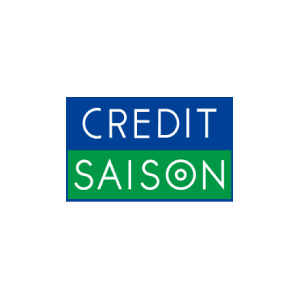
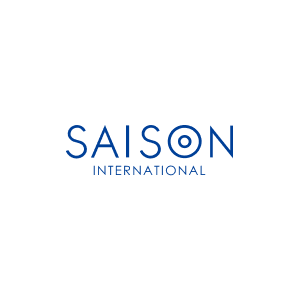
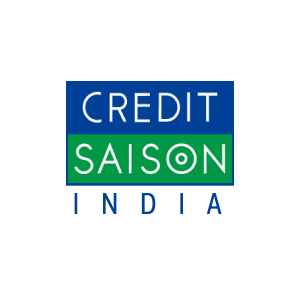

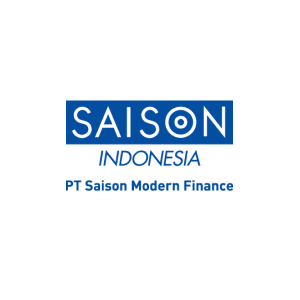
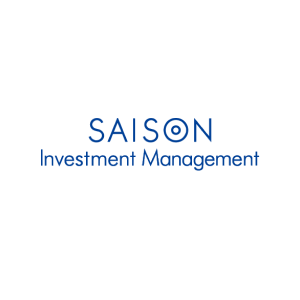

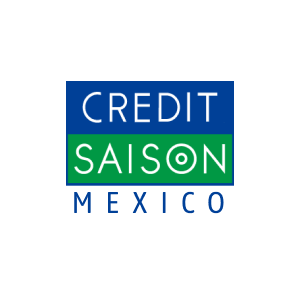







SOCIAL BOND
In June 2022, Credit Saison issued its first inaugural Social Bond. The funds raised were successfully deployed to increase our efforts to close the financial gap for MSMEs and individuals in South and South East Asia.
To issue the Social Bond, Credit Saison has built a comprehensive social-bond framework in accordance with Social Bond Principles 2021 and Social Bond Guidelines 2021, and secured external validation of the framework’s appropriateness.
As of March 31 2023, the funds raised through the Social Bond contributed to the below impact results.
USD 76.7M
Outstanding
Loan Amount
112K
No. of Loans
Outstanding
11M
No. of Disbursed
Loans
17M
No. of Individual
Clients
838K
No. of SME
Clients
74.8K
No. of
Employees
Find out more about our Social Bonds issuance: English, Japanese
Read MoreRead Less
CLIMATE
We cannot overlook the impact of climate change. That is why we proactively disclose climate-related financial information in line with the Task Force on Climate-related Financial Disclosures (TCFD).
Since 2021, Credit Saison has partnered with WasteBox, a specialized Japanese service provider, to assess, analyse and disclose the impact of climate change related risks and opportunities on its business activities.
Results of this assessment can be found here
Expanding upon on the initiative led by Credit Saison, we broadened the scope of measurement to encompass our business activities in emerging markets. Since 2023, we partnered with StepChange, a leading ESG reporting and sustainability management software to conduct a comprehensive climate risk assessment of Credit Saison India and calculate its carbon emissions, including portfolio emissions, and develop a roadmap in accordance with TCFD’s recommendations.
Read MoreRead Less